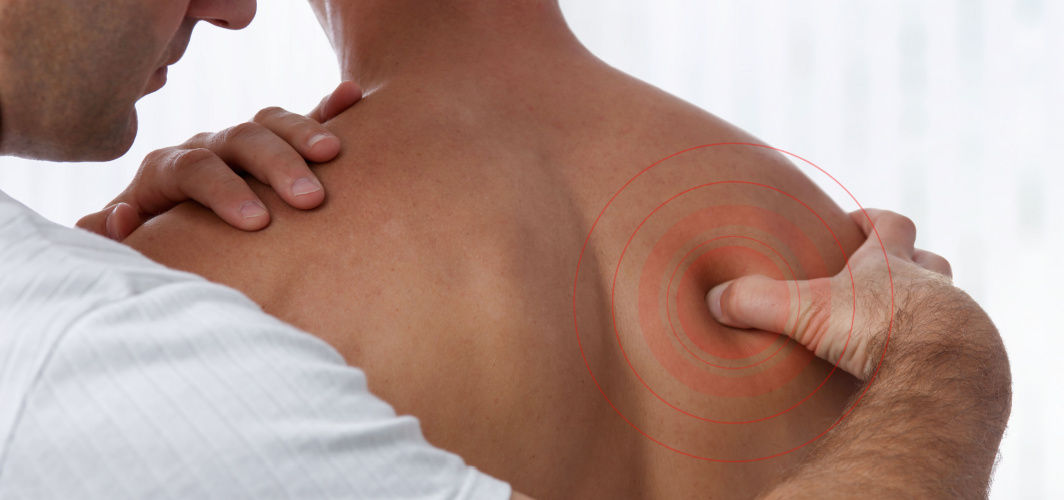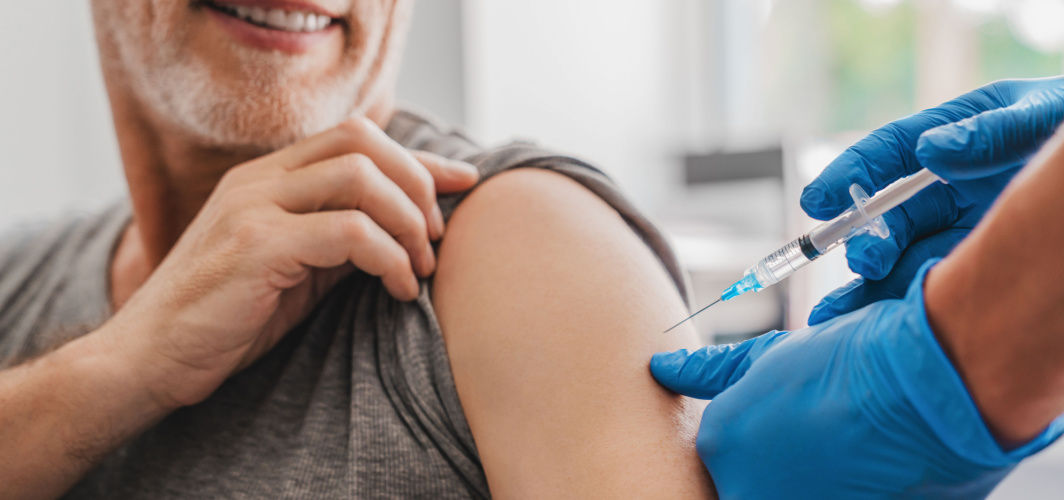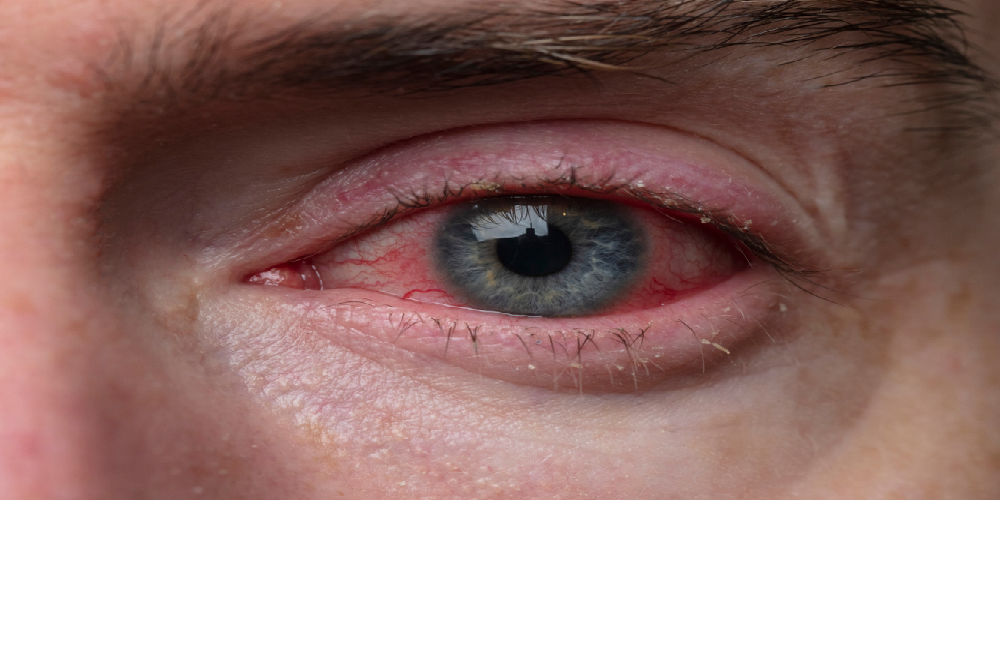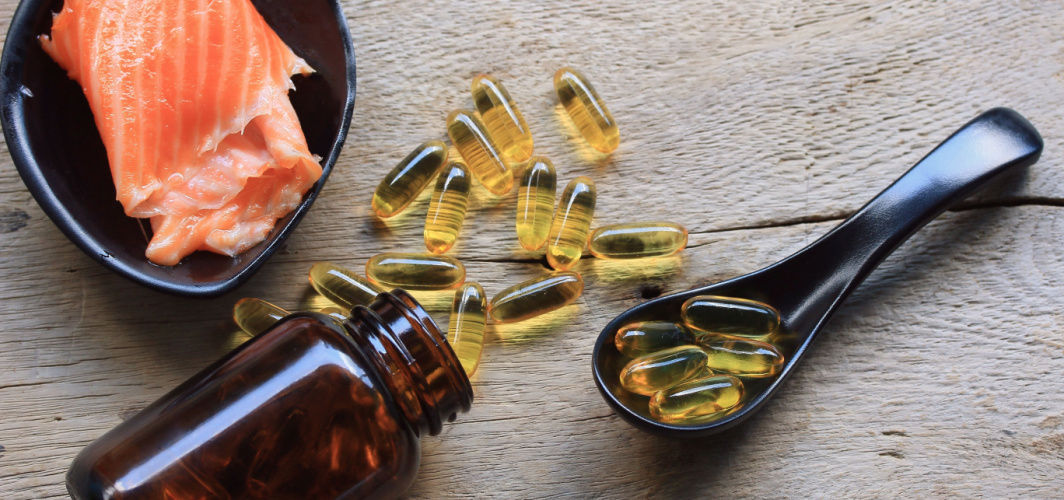General Health
Does Acupressure Work? Here's What Experts Say
4 min read
By Apollo 24|7, Published on - 24 April 2023, Updated on - 26 September 2023
Share this article
0
3 likes

Other than allopathy, there are several other kinds of alternative medicine therapies that often benefit people. One such therapy is acupressure, which involves the application of manual pressure on certain points of the body to treat various conditions like motion sickness, headache, and muscle pain.
According to Traditional Chinese Medicine (TCM) practitioners, the pressure points along the body's energy pathways help facilitate the unobstructed flow of qi or energy, thereby providing you with relief. Some people use acupressure as a complementary therapy alongside conventional medicine, while others turn to it as an alternative if medications are ineffective. However, the question is whether or not acupressure really works. So, read on to learn more about the theory behind acupressure and what the research says about its effectiveness.
What Is The Underlying Theory Behind Acupressure?
Acupressure is an Asian bodywork therapy that originates from traditional Chinese medicine. It involves applying pressure to specific acupoints along meridians or channels in the body, which are believed to carry vital energy. These channels connect to the networks of organs, creating a system of communication throughout the body. They begin at the fingertips and run through your brain to the organs associated with different channels. When a channel gets blocked or imbalanced, it can result in an illness. Acupressure is believed to help restore balance and promote healing by unblocking and rebalancing the flow of energy along these channels. Other examples of Asian bodywork therapies include medical qigong, Tuina, and Shiatsu.
Common Acupressure Points
There are hundreds of acupressure points spread throughout the body. However, acupressure practitioners most commonly use three of these points. These points include:
- Liver 3 (LR-3): This point is found on the top of the foot, in the space between the big toe and the second toe.
- Large intestine 4 (LI 4): This point is located in the fleshy web between the thumb and forefinger.
- Spleen 6 (SP-6): This point is located around three finger widths above the inner ankle bone.
Which Health Issues Are Addressed With Acupressure?
Although research on acupressure is limited and mostly based on smaller studies, the findings suggest that it may help alleviate symptoms of various health conditions. Some of these conditions include:
- Chronic low back pain
- Anxiety
- Headache
- Symptoms accompanied by vertigo
- Nausea associated with migraine
- Knee pain from osteoarthritis
Does it Really Work?
Some studies suggest that acupressure can be effective in reducing pain and discomfort caused by various conditions.
- A study found that acupressure helps in reducing menstrual cramps and also reduces the dependency on ibuprofen to treat menstrual symptoms. Another study found that acupressure provides considerable pain relief in the case of dental pain.
- A review analysis suggested a link between acupressure and a decrease in pain levels in people suffering from cancer. Additionally, research suggests that acupressure treatment can increase the quality of sleep in older adults suffering from Alzheimer’s disease.
- A 2020 review research concluded that acupressure can be used to manage pain during labour. Pregnant women and those undergoing chemotherapy may also benefit from using acupressure to treat nausea and vomiting.
Precautions to Take Before Doing Acupressure
It’s advisable to take certain precautions before opting for acupressure. These include:
- Consult with your doctor if you experience any pain while getting acupressure.
- Apply moderate pressure to an acupoint until symptoms improve.
- Do not perform acupressure if you have an active infection, open wounds, or sores in the area where you would apply pressure. This can disrupt healing or worsen the infection.
- Since the evidence related to the use of acupressure during pregnancy is insufficient to draw any concrete conclusions, it's highly recommended to talk to a doctor beforehand.
- If you suffer from any injuries or underlying conditions, then it’s advisable to speak to a doctor before trying acupressure.
- Do not do acupressure on top of varicose veins.
While more research is needed to fully understand its benefits and limitations, preliminary studies suggest that it may be effective in treating a range of conditions. As with any complementary therapy, it is important to consult with a healthcare provider and use caution when practising acupressure. If you have more questions,
Consult Apollo's Expert Doctors
Medically reviewed by Dr Sonia Bhatt.
General Health
Leave Comment
Recommended for you

General Health
Flu Shot: How It Works And Why Should You Get It?
Uncover the science behind flu shots and the compelling reasons to prioritise yours for a healthier, flu-free season.

General Health
9 FAQs About Conjunctivitis
From symptoms to treatment options, this blog provides comprehensive information on conjunctivitis. Learn how to prevent and manage this common eye condition.

General Health
Can Fish Oil Improve Hair Growth And Thickness?
Discover the truth about fish oil's effectiveness in enhancing hair growth and thickness. Get the facts and expert insights in this comprehensive guide.
Subscribe
Sign up for our free Health Library Daily Newsletter
Get doctor-approved health tips, news, and more.
Visual Stories

Plant-based Foods That Are a Great Source of Iron
Tap to continue exploring
Recommended for you

General Health
Flu Shot: How It Works And Why Should You Get It?
Uncover the science behind flu shots and the compelling reasons to prioritise yours for a healthier, flu-free season.

General Health
9 FAQs About Conjunctivitis
From symptoms to treatment options, this blog provides comprehensive information on conjunctivitis. Learn how to prevent and manage this common eye condition.

General Health
Can Fish Oil Improve Hair Growth And Thickness?
Discover the truth about fish oil's effectiveness in enhancing hair growth and thickness. Get the facts and expert insights in this comprehensive guide.
